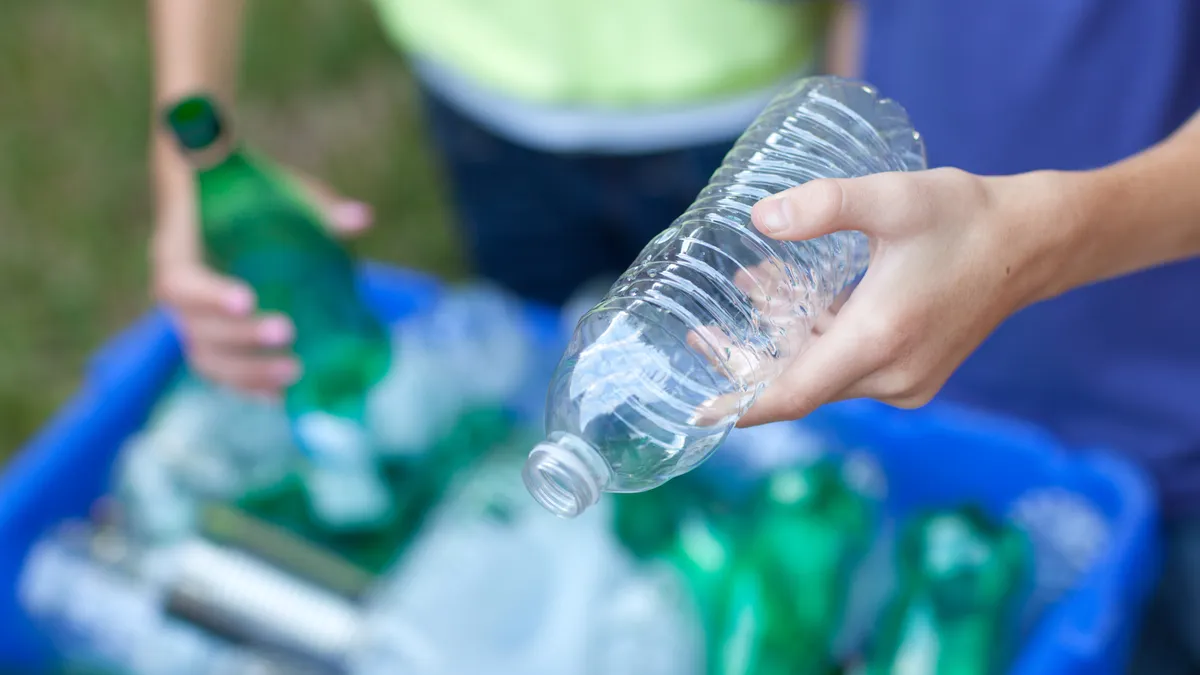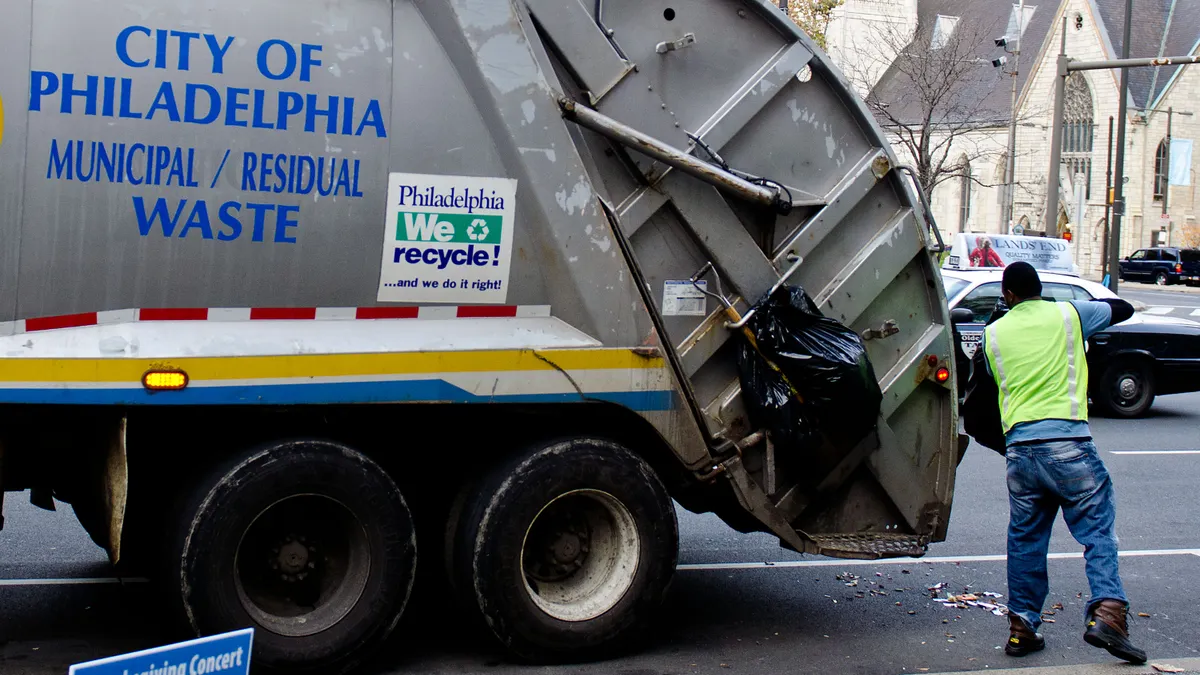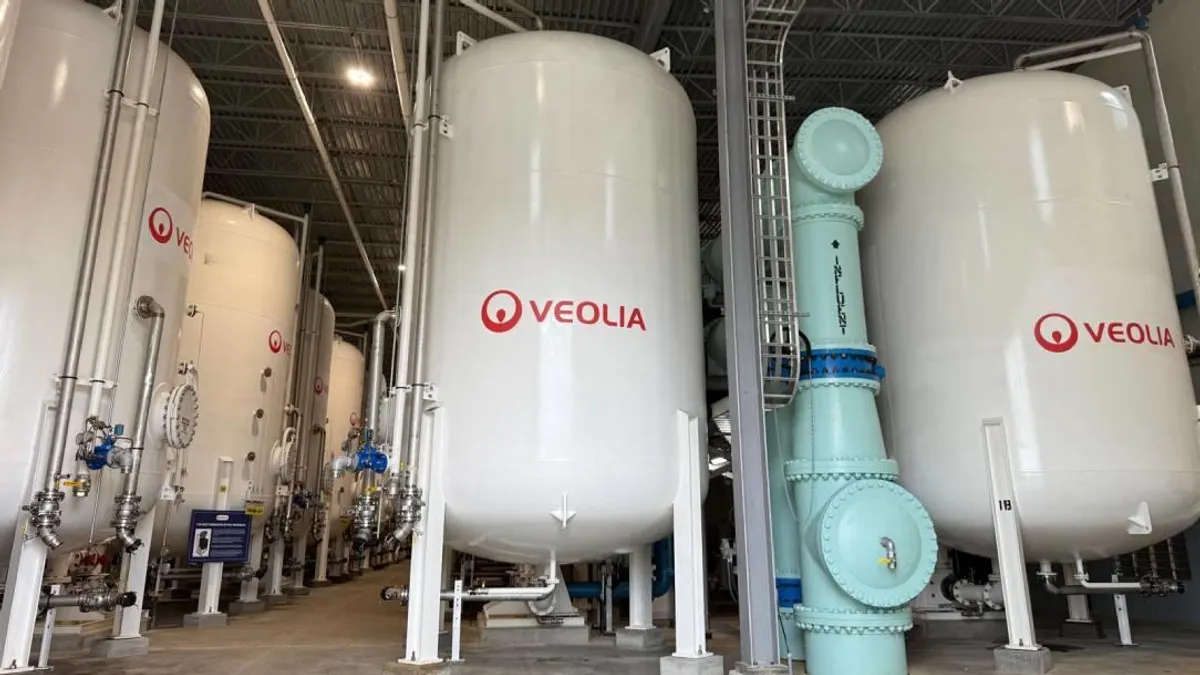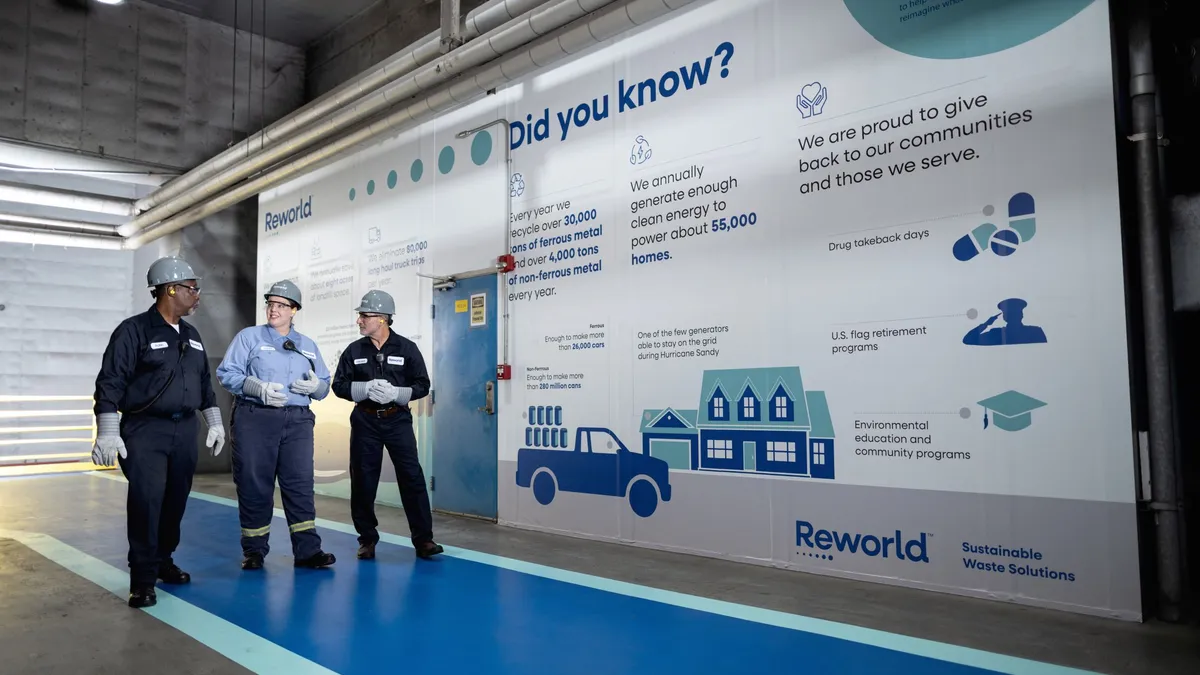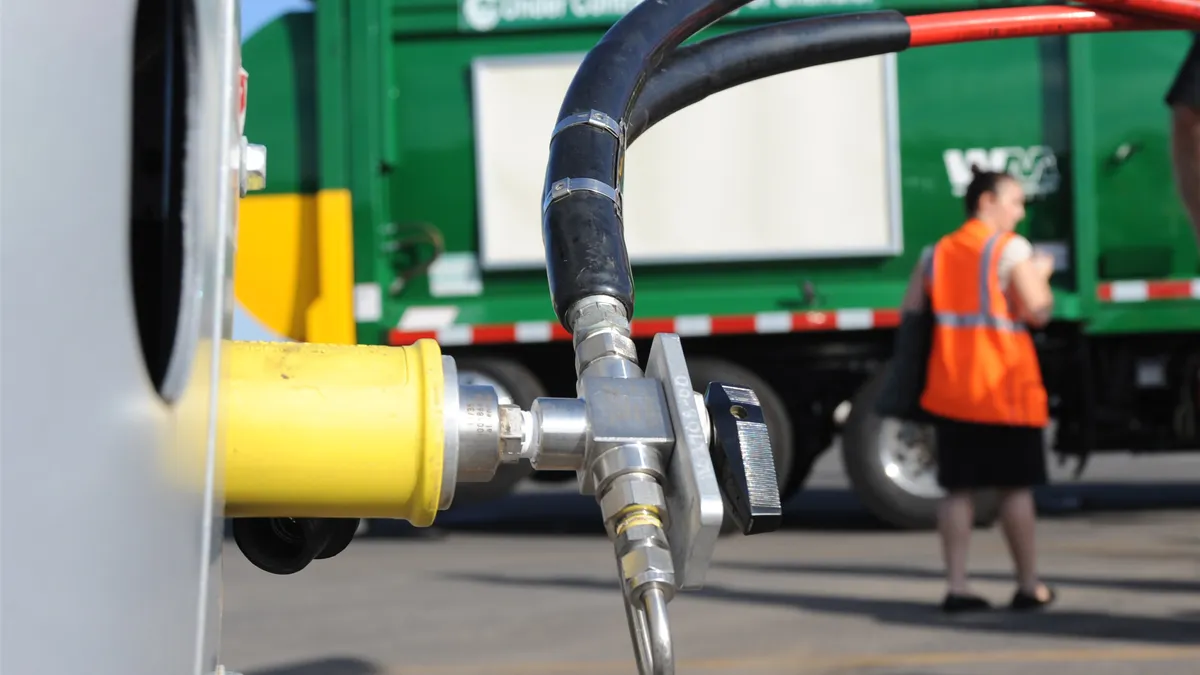Jessica Heiges is a PhD candidate in environmental science, policy, and management, and Kate O’Neill is a professor of global environmental politics, at the University of California, Berkeley. They recently published research titled “A Recycling Reckoning: How Operation National Sword catalyzed a transition in the U.S. plastic recycling system.”
The U.S. plastics recycling system is in a long-overdue transition, one triggered by the global disruption caused by China’s Operation National Sword.
With no methodical planning, the U.S. plastics recycling system evolved into a scattered one with under-funded infrastructure and not enough policy interventions. It accepted plastics that had no market, relied too heavily on exporting material to a single purchaser (China), and allowed high rates of contamination, thus low recycling utilization rates. These inefficiencies progressed piecemeal, with minimal large disruptions or advancements until 2018.
The routine progression of the U.S. plastics recycling system, becoming more embedded in everyday practice across the country, underwent a reckoning in 2018 through China’s Operation National Sword. China no longer wanted or needed to purchase low-quality plastics — a widespread, abrupt, surprising and impactful disruption to this already dysfunctional system.
Our lab has been working on the implications of this seismic shift on policies, practices and technologies around plastics and recycling across the country, and recently published an article on this subject for a special issue of the Journal of Cleaner Production. Our findings suggest, as recommendations, that while a transition to a more stable system is not complete, there are important elements for policymakers, industry members, and activists to focus on, in combination:
- Technology and infrastructure development (downstream);
- The elimination of problematic plastics (upstream);
- And to repair and build these systems based on ideas and principles that resonate with stakeholders, such as the need for a circular economy.
Either way, recycling retains a critical role moving forward.
Our research aims to address the larger picture: the current state and potential future of the U.S. plastics recycling system as part of a sustainability transition. This means examining how systems change, and who strives for — or impedes — progress to a more sustainable future.
One way to understand sustainability transitions is through seeing interactions across policy levels. To use an academic principle, the multilevel perspective (MLP) framework suggests how changes occur when localized technology, policy, and/or ideas question the status quo or there is a large-scale disruption within the status quo, whether regionalized or global.
Operation National Sword was unprecedented in its scale and impact, which caused massive disruption globally. Within markets, the commodity price of tradable plastics decreased. Meanwhile, the cost of landfill tipping fees increased, as did the cost of recycling services to residential and corporate clients. This disruption triggered stakeholders — including municipalities and recycling service providers — to scramble for quick solutions to accommodate.
These solutions were not systematic and they were not coordinated. Some municipalities launched or expanded education campaigns to decrease commercial and residential bin contamination. Numerous local recycling services discontinued the collection of glass, mixed paper, and mixed plastics. Recycling services were increasingly revoked for repeat contamination offenders. Most of these learnings were synthesized from Waste Dive’s “How recycling has changed in all 50 states”.
With such a large-scale disruption, a few things can happen, including a complete change in status quo.
According to the MLP framework, this occurs if a local technology or policy change is mature enough to take advantage of the window of opportunity created by the disruption. What is missing from this theory — and what we propose is potentially happening in the U.S. plastics recycling system — is that there are three developing innovations in position to supersede the preexisting, unmethodical system:
- The zero waste and circular economy movements;
- Domestic processing;
- And the elimination of problematic plastics.
The zero waste and circular economy movements advocate and implement upstream solutions to prevent waste generation, pursue reuse and acknowledge the importance of recycling (if done efficiently, effectively, and in environmentally sound ways). Domestic processing is the trend of keeping plastics scrap (and waste) in the U.S. by building more collection and process infrastructure, investing in technology, and increasing local purchasing of such material. The elimination of problematic plastics aims to only put recyclable plastics through the consumption process, thus increasing the rate of plastics recycling.
Amid the historic global disruption of Operation National Sword, the U.S. plastics recycling system is undergoing a reckoning and it is unclear how the disruption dust will settle.
It is possible that the unmethodical and fragmented U.S. plastics recycling system will remain in place. It is also possible that the three divergent, yet arguably more systematic, approaches of the zero waste and circular economy movements; domestic processing; and the elimination of problematic plastics could take hold and replace the current system.
Through a sustainability transition theory lens, we will not know until the transition is “complete.” However, from a practitioner’s perspective, this approach clarifies possible opportunities to galvanize and coalesce around three arguably more sustainable and just U.S. plastic recycling system futures.
Contributed pieces do not reflect an editorial position by Waste Dive.
Do you have an opinion on this issue, or other topics we cover? Submit an op-ed.


